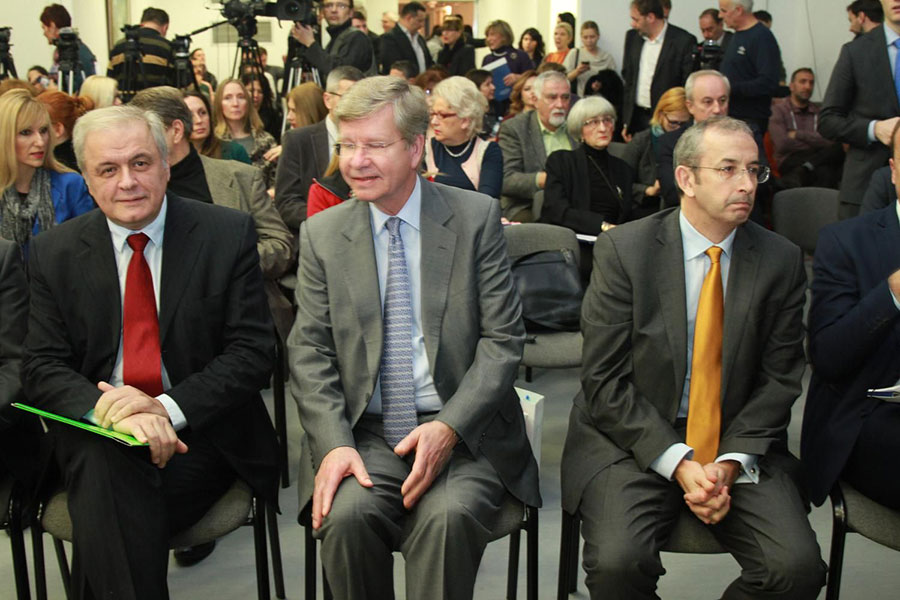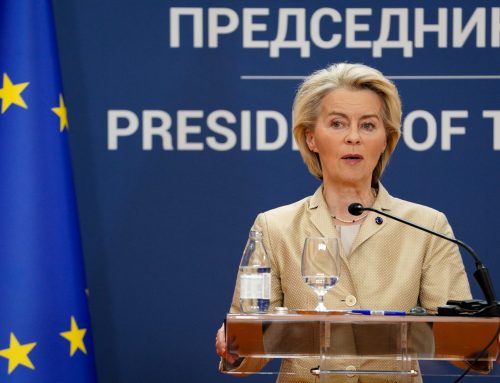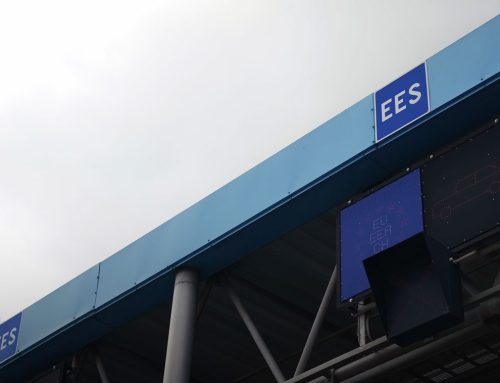The conference “The Role and Challenges of Media Services in Europe Now” concluded that the role of public broadcasters is crucial when it comes to information and education, because they constitute an important element of any democratic society which is why their existence should not be questioned. The conference was organised by Radio Television of Serbia and Radio Television of Vojvodina, in cooperation with Swedish and Croatian Embassies, with the support from EU Delegation to Serbia.
Head of EU Delegation to Serbia Michael Davenport said there was no “European model” when it came to organisation and financing of public broadcasting services.
“There is no acquis for public broadcasting services. However, the founding values of public media do have a critical role to play. Public broadcasters are there to inform, to be a credible and unbiased news source and should be seen by viewers as more than mere entertainment. Their educational and cultural role should go hand in hand with entertainment,” said Davenport.
He said that in the UK they had a long tradition of public broadcasting service and a special model of financing the BBC.
“No matter which model you choose here in Serbia, it is necessary to stick to hot topics which should in turn be covered having in mind professional integrity. Public service broadcasters are a role model to other media,” Davneport said.
“It is up to Serbia to decide in which direction it would lead RTS and RTV. You should take into account the circumstances, and also think about their role of guardians of culture, minority rights in Serbia, because others look up to the national media,” Davenport said.
Ambassador of Sweden in Belgrade Christer Asp said that “public broadcasting services are best friend of any nation, because they reach out to every single individual – citizen, community leader, policy creator… they provide fact-based information. Public broadcasting services contribute to democracy,” said Asp at the conference.
According to him, media independence is the cornerstone of democracy in Sweden. “When we say independent media, we refer to more than just public broadcasters. The situation is such because the public broadcaster has managed to win the trust of citizens by giving them reliable and accurate information. Its role is to be the voice of criticism in the society. Citizens of Sweden place the greatest confidence in Swedish public broadcasting service,” Asp said.
Croatian Ambassador in Belgrade Gordan Markotic said that “public broadcasting services are there to talk about those who are different; not only about minorities, but about any other minority. We use public broadcasters to talk about women rights, children rights, and the rights of all those people who remain unknown to general public due to massive amount of reality and tabloid shows.”
Director of RTS Dragan Bujosevic spoke about the situation regarding the independent financing of RTS and RTV in 2016. As he put it, the one legally bound to secure normal and stable functioning of the public broadcasting service is the Ministry of Culture and Information.
He said that reality shows which taught the kids wrong values were enough to understand the importance of public broadcasters in Serbia. Bujosevic also said that RTS music production and its gallery proved Serbian public broadcaster was a cultural institution.




